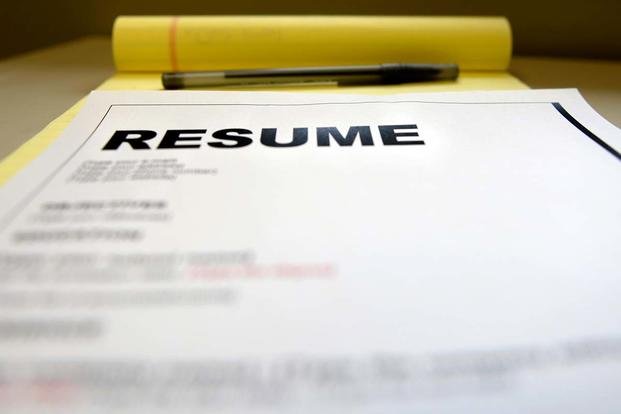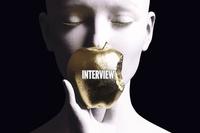Most positions are never advertised. A cold cover letter is an uninvited inquiry to an employer, recruiter or other hiring manager regarding possible job opportunities.
Cold cover letters' potential advantages include creating a job that didn't previously exist, gaining early consideration for a position that hasn't yet been advertised and expanding your network of contacts. By sending a letter to an employer who's not soliciting candidates, your resume will not be buried in a pile of hundreds of others.
Success Stories
- Heather secured a marketing director position after sending a cold cover letter. She read about the company's expansion goals in a trade magazine and sent a letter that outlined how she would help the company achieve its objectives. The company was impressed by Heather's enthusiasm, knowledge of the company's mission and ideas for successful expansion.
- Stuart compiled a list of his dream companies and contacted them directly. His letter arrived at the right time at one of the companies; a network engineer had just given her notice, and a position became available. The company benefited from hiring Stuart and saving on recruitment costs.
- Mark is a salesperson with a passion for sporting goods. His favorite retailer did not have a presence in his local market, so Mark sent a cover letter outlining how he would establish a local presence. After reading the letter, the company flew Mark in for an interview and hired him on the spot.
Before You Write
- Know Yourself: You are contacting a company that hasn't asked to be contacted. So what do you offer? Why should the company take an interest in you? What skills, abilities and credentials would be desirable to the organization?
- Research the Employer: Find out as much as you can about your target company, including past performance, goals and competitors so you can knowledgeably write about how you would help the operation.
Components of Your Letter
- The Salutation: Since you are writing an unsolicited letter, it's crucial that you address a particular person. Do some research so you can get your resume in the hands of the manager most likely to be interested in hiring you.
- The Opener: You can use a number of different techniques to open your letter. Here are two examples:
The Value Proposition: If you have identified goal-surpassing revenue and market-share growth among your goals for this year, my credentials will be of interest. Allow me to introduce myself: A marketing executive with 15 years of experience within Fortune 500 environments...
The News Angle: After reading of your consulting-services expansion in yesterday's Wall Street Journal, I am eager to join your team as an accounting manager. You will benefit from my top credentials, including CPA with Big Four experience and multilingual fluency (Spanish, Portuguese, Italian) ...
- The Body: Summarize the key strengths you bring to the table. A great strategy is to include a bulleted list of achievements and qualifications that would benefit the company. Provide an overview of your main selling points and examples of how you have contributed to your current or former employers.
- The Close: End your letter with an action statement, promising to follow up to explore the possibility of an interview. This is a much stronger closing than, "I hope to hear from you soon."
Want to Know More About the Military?
Be sure to get the latest news about the U.S. military, as well as critical info about how to join and all the benefits of service. Subscribe to Military.com and receive customized updates delivered straight to your inbox.











